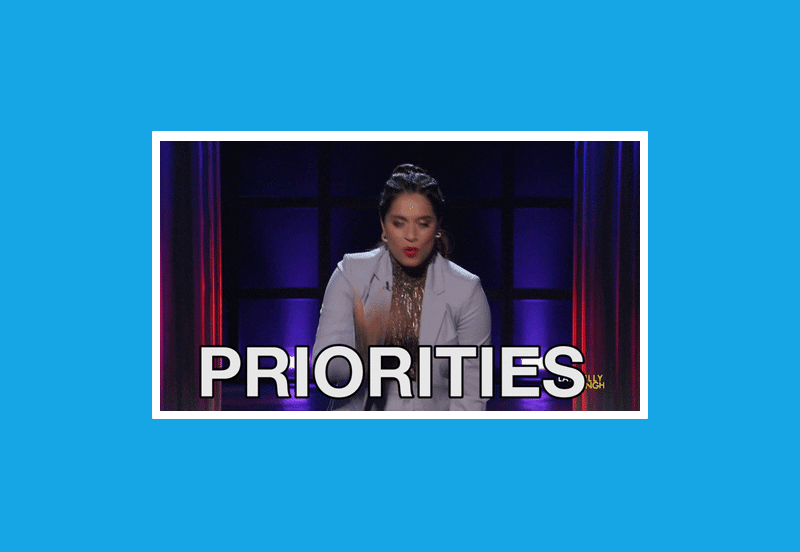The Orange Economy – Underwriting the Caribbean Creative Sector with Bond-Driven Philanthropy
Author: Sonja Dumas

The Ford Foundation is one of the most established philanthropic agencies in the world, with an annual endowment of US$13 billion and grants totalling US$500 million per year. Its (current) nine categories of support for social justice and the orange economy specifically arts projects ranging from Civic Engagement and Government to Disability Inclusion to Creativity and Free Expression. All broad brushes “to invest in transformative ideas, individuals and institutions”.
You would think that an institution with such financial power and global reach 🕍could afford to rest on its very large financial laurels. Especially since its business model is to re-invest the lion’s share of its endowment to keep the $500 million grant schemes going. Well, yes and no. The current head of the foundation, Darren Walker, keenly aware of the impact that depressed financial markets and world crises have had on the philanthropy sector, has combined Wall Street investment strategies with the need for helping social justice and artistic sectors. The result? An unprecedented bond issue by the Ford Foundation that affords higher levels of financial support to social justice projects worldwide, ensuring that during and beyond the pandemic there is more money (not less) for worthy causes.
What’s in a Bond Issue?
The principle of a bond issue is simple – it’s an instrument of investment where governmental, non-governmental or private sector organizations raise money 💵 from individuals or institutions (the investors). The bond is the guarantee that the investor will be paid back at least the principal, but probably much more than that – sort of like a sophisticated, long-term I.O.U. After World War II, for instance, many governments sold bonds to individuals so that countries could begin the process of building back their shattered economies. When the bonds matured after a number of years of rebuilding and economic recovery, the individuals got hefty returns on their investments.
Lessons for the Caribbean
Can the Caribbean take a page out of Walker’s financial book to create pandemic/post-pandemic bond-based funding opportunities for the creative sector? It can, and, quite likely, it should. There are no large, regional philanthropic entities that match the scale of the Ford Foundation, but there are entities potentially in a position to issue bonds and support creative sector development. This is especially important when you think of how critical diversification becomes in the face of pandemic-related economic crises.
Regional success with a bond issue also depends on if those individuals who have relatively great wealth in the region are willing to invest; both borrower and lender must take the risk. But with the Caribbean creative sector set to explode, this is a good horse to bet on. Entities might not be able to issue Triple A-rated bonds and sell out in less than an hour like the asset-rich Ford Foundation, but there’s nothing wrong with starting small – eat little and live long 🥪. And who knows? With the right bond strategy, the Triple A thing could become a reality.




